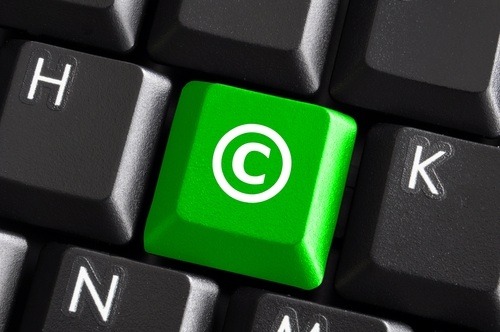Most businesses, whether large or small, will have a logo as part of their brand identity and livery in addition to their business name.
Think of Apple without the iconic bitten apple logo or Nike without the swoosh.
Logos are a hugely important part of business identity and this is equally the case for smaller businesses looking to build reputation and recognition. But do you actually own the rights in your logo in terms of the copyright in the work? You may be surprised by the answer.
A recent and ongoing dispute involving the company behind Innocent Smoothies (‘Innocent’) and their halo/face logo highlights a cautionary tale concerning the ownership of copyright in a logo.
In 1998, Innocent had engaged a brand design company Deepend to create the now recognisable logo and the parties discussed how Deepend would be paid for the design but crucially, no contractual agreement was ever signed and no payment made.
A few years later in 2000, Innocent applied to register its halo/face logo as an EU trade mark which was soon registered.
However, after registration, before Deepend was dissolved, the copyright in the logo was assigned in writing to a new Deepend company in 2009.
Deepend then applied to cancel the EU logo trade mark of Innocent by claiming that it owned the copyright in the logo which was an earlier right.
Therefore, Deepend argued that Innocent could not own the trade mark. You may recall that no assignment of the copyright was agreed between Innocent and Deepend at the time of the logo design in 1998.
Under UK copyright law, if you commission a design agency to design a logo for you, they are deemed to own the copyright in that logo unless there is an agreement to the contrary. You, as the commissioner, would have an implied licence and right to be able to use the logo for your business if you have paid for design of the logo. However, you will not own the intellectual property and copyright in that logo which, as Innocent found, can lead to problems.
Whilst the nuances of copyright law in this case are too complex to explore in detail here, essentially Innocent is arguing that there had been an equitable assignment of the rights in the logo whereby the intention must clearly have been for them to be able to use and own the logo.
Innocent lost the original cancellation action against their trade mark. The dispute is ongoing and the decisions have now being appealed by Innocent.
It may well be that the parties will settle this matter for an undisclosed sum but the fight could have been avoided with a simple agreement and transfer of rights.
The lesson to learn from this scenario is that, even as a small business, if you have a logo which a third party designed for you, then you must arrange for the copyright in that logo to be assigned to your business.
That way, your business will own the intellectual property rights and you will also be able to register the logo as a trade mark without any problems from the designer.
Even if you are on good terms with your third party designer, situations and decision makers can change.
Don’t take the risk that all will be well. Most designers will be used to requests to have the copyright in logos assigned to the company who requested the design.
In order for any transfer to be effective, ensure any assignment of copyright is in writing and signed ideally by both parties but at least by the assignor, the design company.
So remember, always ensure your business owns any intellectual property rights it has created or has paid to be created and always get any transfer of rights in writing. Don’t find yourself in a situation fighting over ownership and creation of a logo.





